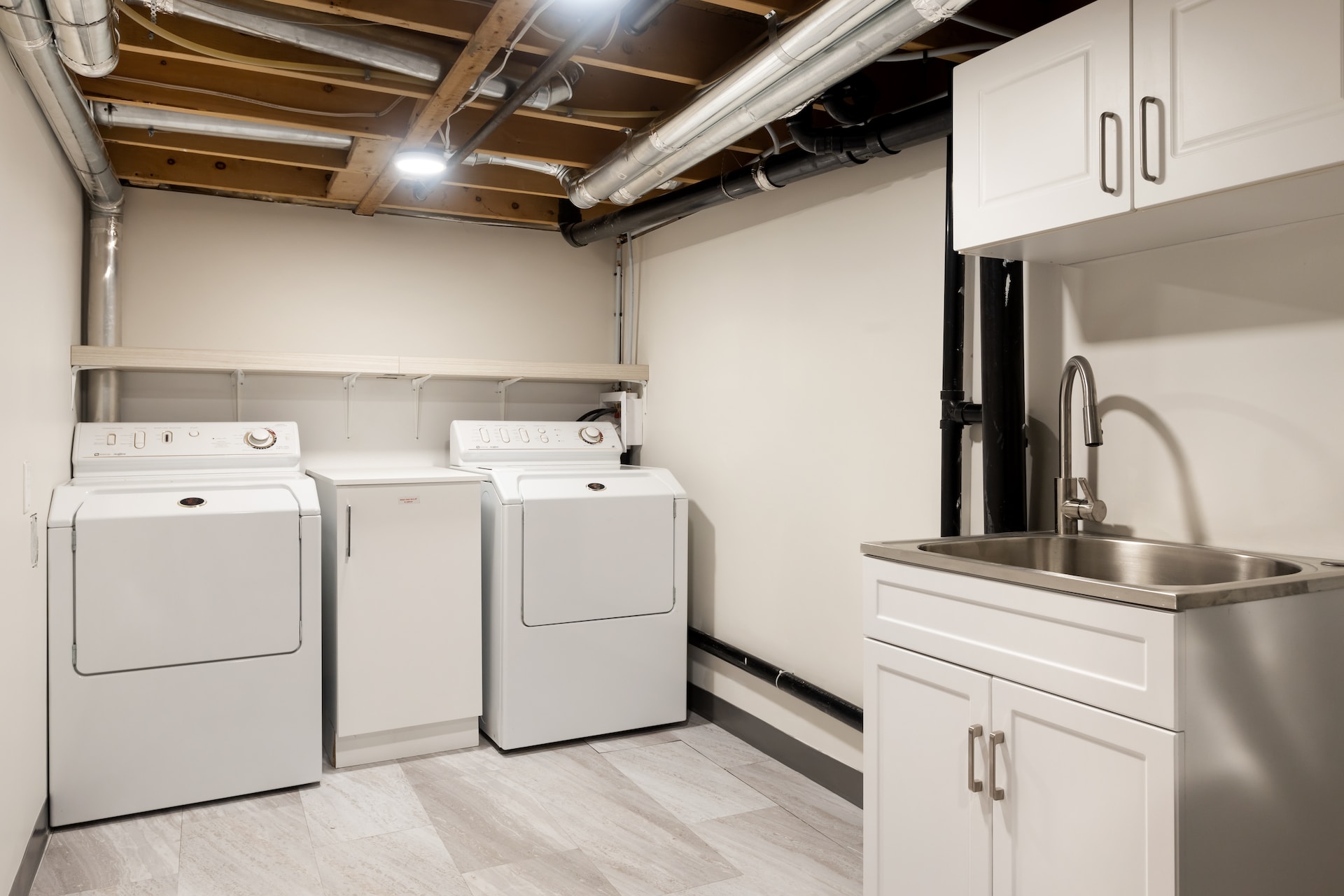

Articles
How To Choose A Washer And Dryer
Modified: November 1, 2024
Discover helpful articles on how to choose the perfect washer and dryer for your needs. Find expert tips, reviews, and comparisons to make an informed decision.
(Many of the links in this article redirect to a specific reviewed product. Your purchase of these products through affiliate links helps to generate commission for Storables.com, at no extra cost. Learn more)
Introduction
In today’s fast-paced world, having a reliable washer and dryer is essential for any household. Whether you’re a busy professional, a parent trying to stay on top of laundry, or simply looking for convenient and efficient laundry solutions, choosing the right washer and dryer can make all the difference. However, with so many options available on the market, it can be overwhelming to decide which one is best for your needs. In this article, we will explore the factors to consider when selecting a washer and dryer, as well as the specifications, size and capacity, energy efficiency, washing and drying options, noise level, price range, and the importance of brand and warranty.
Before diving into the technical details, it’s important to assess your specific requirements and preferences. Consider factors such as the size of your household, the frequency of laundry loads, the types of fabrics you typically wash, and any special features that may be important to you. By taking the time to clarify your needs, you’ll be better equipped to make an informed decision.
Key Takeaways:
- Choose a washer and dryer that meets your specific needs by considering factors such as budget, space, capacity, energy efficiency, and noise level. Prioritize features that enhance convenience and efficiency.
- Prioritize brand reputation and warranty coverage when selecting a washer and dryer. Research customer reviews, compare specifications, and set a budget to make an informed decision that ensures long-lasting performance and support.
Read more: How To Choose A Pressure Washer
Factors to Consider
When choosing a washer and dryer, there are several key factors to consider that will help you narrow down your options and find the perfect appliances for your home. These factors include:
- Budget: Determine your budget range upfront. This will help you focus on models that fit within your price range and prevent you from overspending.
- Space: Measure the available space in your laundry area. Consider whether you need a top-loading or front-loading washer and dryer, as this may impact the dimensions and installation requirements.
- Capacity: Assess the amount of laundry you typically do to determine the appropriate capacity for your washer and dryer. A larger capacity is ideal for households with more members or those who frequently wash bulky items such as bedding and towels.
- Energy Efficiency: Look for washers and dryers that are Energy Star certified. These appliances are designed to use less water and energy, which can save you money on utility bills in the long run.
- Features and Options: Consider the specific features and options that are important to you. This may include things like customizable wash cycles, steam cleaning, sanitize settings, or dryer sensor technology. Determine the must-have features that will make your laundry routine more efficient and convenient.
- Noise Level: Consider the noise level of the appliances, especially if your laundry area is close to living spaces. Look for models that have quiet operation to minimize disruption.
- Brand and Warranty: Research the reputation of different brands and read customer reviews to ensure that you are choosing a reliable and reputable brand. Additionally, check the warranty offered by the manufacturer to protect your investment.
By considering these factors, you can narrow down your options and prioritize the features and specifications that are most important to you. This will make the decision-making process much easier and increase the likelihood of finding the perfect washer and dryer for your home.
Washer Specifications
When selecting a washer, it’s important to pay attention to its specifications to ensure it meets your needs. Here are some key specifications to consider:
- Washer Type: There are two main types of washers: top-loading and front-loading. Top-loading washers are typically more affordable and have larger capacities, while front-loading washers are more energy-efficient and provide better cleaning performance.
- Washer Capacity: The capacity of the washer determines how much laundry it can hold in one load. Consider the size of your household and the amount of laundry you typically do to determine the appropriate capacity. Capacity is measured in cubic feet, with larger numbers indicating larger capacities.
- Washer Cycle Options: Look for washers that offer a variety of cycle options to accommodate different types of fabrics and laundry needs. Common cycle options include normal, delicate, heavy-duty, and quick wash.
- Water Temperature and Pressure: Check the available water temperature settings and make sure they align with your laundry requirements. Additionally, consider the water pressure required for the washer to function optimally.
- Spin Speed: The spin speed determines how quickly the washer’s drum rotates to remove excess water from the clothes. Higher spin speeds result in less damp clothing at the end of the cycle, reducing drying time.
- Control Panel: Consider whether you prefer a simple analog control panel or a digital control panel with a variety of settings and options.
- Noise Level: Some washers operate more quietly than others. If noise is a concern, look for washers with noise-reduction features or ones specifically designed for quiet operation.
By considering these washer specifications, you can find a washer that meets your laundry needs and preferences. Remember to prioritize the features that are most important to you and ensure they align with your budget and space limitations.
Dryer Specifications
When it comes to selecting a dryer, there are several important specifications to consider. These specifications will ensure that the dryer you choose meets your needs and provides efficient and effective drying capabilities. Here are some key dryer specifications to keep in mind:
- Dryer Type: Similar to washers, dryers come in two main types: electric dryers and gas dryers. Electric dryers are more common and easier to install, while gas dryers are more energy-efficient but may require a gas line connection.
- Dryer Capacity: The capacity of the dryer should match or exceed the capacity of your washer. This ensures that you can dry a full load of laundry in one cycle.
- Dryer Cycle Options: Look for dryers that offer a range of cycle options, such as regular, delicate, heavy-duty, and sensor-based cycles. These options allow you to customize the drying process based on different fabric types and clothing items.
- Dryer Temperature Settings: Check the available temperature settings on the dryer to ensure they align with your drying needs. Common temperature settings include low, medium, and high heat.
- Dryer Sensor Technology: Consider dryers with sensor technology that detects the moisture level in the clothes and automatically adjusts the drying time. This feature can prevent over-drying and save energy.
- Drying Time: Look for dryers that offer adjustable drying times. This allows you to specify the desired length of the drying cycle based on the amount of laundry you’re drying.
- Noise Level: Similar to washers, dryers can vary in noise levels. If noise is a concern, look for models with noise-reduction features or those known for quiet operation.
- Ventilation Options: Consider the available ventilation options for the dryer, such as side venting or rear venting. Ensure that your laundry area has the necessary ventilation requirements for proper installation.
By taking these dryer specifications into account, you can find a dryer that suits your laundry needs and preferences. Remember to consider the compatibility between your washer and dryer in terms of capacity and energy source, as well as any additional features that may enhance your drying experience.
Size and Capacity
When choosing a washer and dryer, considering the size and capacity is crucial to ensure they fit in your laundry area and meet your laundry needs. Here are some important points to consider:
Physical Size: Measure the available space in your laundry area before purchasing a washer and dryer. Check the width, depth, and height requirements of the appliances to ensure they will fit properly.
Washer Capacity: The capacity of the washer determines how much laundry it can hold in one load. It is typically measured in cubic feet. Consider the size of your household and the frequency of your laundry loads to determine the appropriate washer capacity. Keep in mind that larger capacities allow you to wash more laundry at once, reducing the number of loads and saving time.
Dryer Capacity: The dryer capacity should match or exceed the capacity of your washer. If the dryer capacity is smaller, you may not be able to dry the entire load of laundry in one cycle, leading to an inefficient drying process.
Space-Saving Options: If you have limited space in your laundry area, consider stackable washer and dryer units or compact models. Stackable units are designed to be vertically stacked, maximizing vertical space. Compact models are smaller in size, making them ideal for small laundry rooms or apartments.
Consider Future Needs: When choosing the size and capacity, consider your future needs as well. If you anticipate your household growing or having larger laundry loads in the future, it may be beneficial to choose larger-capacity appliances to accommodate those needs.
By considering the size and capacity of the washer and dryer, you can ensure a proper fit in your laundry area and that the appliances can handle your laundry needs efficiently. Take measurements and assess your current and future requirements to make an informed decision.
Read more: How To Clean A Washer And Dryer
Energy Efficiency
When selecting a washer and dryer, considering their energy efficiency is not only beneficial for the environment but also for your wallet. Energy-efficient appliances can help reduce your utility bills and conserve valuable resources. Here are some important points to consider regarding energy efficiency:
Energy Star Certification: Look for washers and dryers that have received the Energy Star certification. This label indicates that the appliances meet strict energy efficiency guidelines set by the Environmental Protection Agency (EPA). Energy Star appliances are designed to use less energy and water, resulting in lower utility costs over time.
Water Efficiency: Pay attention to the water consumption of the washer. Look for models that offer features like load sensing or adjustable water levels, which ensure that only the necessary amount of water is used for each load. This not only saves water but also reduces the energy needed to heat the water.
Spin Efficiency: A higher spin speed in the washer can extract more moisture from the clothes, reducing the drying time in the dryer. This can save energy and reduce the overall energy consumption of the laundry process.
Drying Technology: Dryers with moisture sensors are more energy-efficient compared to those without. These sensors detect the moisture level in the clothes and automatically adjust the drying time. This prevents over-drying and avoids unnecessary energy usage.
Additional Energy-Saving Features: Some washers and dryers come with additional features that enhance energy efficiency. Look for options like delayed start, timed drying, or eco-mode. These features allow you to schedule your laundry cycles during off-peak hours when energy rates may be lower.
Energy Cost and Savings: Consider the long-term energy cost and potential savings of the appliances. Although energy-efficient models may have a higher upfront cost, the savings in utility bills over time can make up for it. Calculate the estimated annual energy consumption and cost to compare different models and make an informed decision.
By choosing energy-efficient appliances, you not only contribute to a greener environment but also save money in the long run. Look for the Energy Star label, consider water and spin efficiency, and explore additional energy-saving features to make your laundry routine more environmentally friendly and cost-effective.
When choosing a washer and dryer, consider the capacity, energy efficiency, and available features. Look for machines that fit your laundry needs and budget.
Washing and Drying Options
When selecting a washer and dryer, it’s important to consider the available washing and drying options to ensure they align with your specific laundry needs and preferences. Here are some key options to look for:
Washer Wash Cycles: Consider the variety of wash cycles available in the washer. Common options include normal, delicate, heavy-duty, quick wash, and bedding. Having a range of wash cycles allows you to customize the washing process based on the fabric type and level of dirtiness.
Specialty Wash Cycles: Some washers offer specialty wash cycles for specific items or fabrics, such as baby clothes, sportswear, or allergy cleaning. If you have specific laundry requirements, look for washers that provide these specialized cycles.
Dryer Drying Cycles: Check the drying cycle options available in the dryer. Common options include regular, delicate, heavy-duty, and sensor-based cycles. Different fabrics and clothing items may require specific drying conditions, so having a variety of drying cycles ensures the best results.
Steam Cleaning: Some washers and dryers offer steam cleaning options, which can help remove stubborn stains, wrinkles, and odors from clothes. Steam cleaning is a gentle and effective way to freshen up garments without the need for harsh chemicals.
Sanitize Settings: Look for washers and dryers with sanitize settings that use high-temperature cycles to kill bacteria, allergens, and other harmful microorganisms. This is particularly useful for households with babies, individuals with allergies, or in situations where extra hygiene is necessary.
Time Delay and Pre-Set Options: Consider washers and dryers that offer time delay and pre-set options. Time delay allows you to schedule the start of the laundry cycle, while pre-set options allow you to have your preferred settings saved for convenience and consistent results.
Smart Technology: Some modern washers and dryers come with smart technology features, such as Wi-Fi connectivity and smartphone app control. These features provide added convenience by allowing you to monitor and control your laundry cycles from anywhere, receive notifications, and access additional functionalities.
By choosing a washer and dryer with a variety of washing and drying options, you can tailor your laundry routine to meet your specific needs and achieve optimal cleaning and drying results. Consider the features that are important to you and ensure they are available in the appliances you select.
Noise Level
The noise level of washers and dryers can significantly impact the comfort and tranquility of your home. When selecting these appliances, it’s important to consider the noise level and choose models that operate quietly. Here are some points to keep in mind:
Noise Reduction Features: Look for washers and dryers that are designed with noise reduction features. These features may include insulated cabinets, special suspension systems, or sound-dampening materials that help minimize vibrations and reduce noise.
Decibel Ratings: Check the decibel (dB) ratings of the appliances. This rating indicates the noise level produced during operation. Lower dB ratings indicate quieter operation. For washers, a rating below 50 dB is considered quiet, while for dryers, a rating below 60 dB is considered quiet.
Isolation and Vibration Control: Consider washers and dryers that have effective isolation methods and vibration control mechanisms. These features help prevent the transmission of noise and vibrations to the surrounding area, ensuring a quieter laundry experience.
Location: If your laundry area is close to living spaces or bedrooms, it’s especially important to choose quiet washers and dryers. However, if your laundry area is separate and isolated, noise level may be less of a concern.
Reviews and User Feedback: Research customer reviews and user feedback to gauge the noise level of specific washer and dryer models. Real-world experiences can provide valuable insights and help you make a more informed decision.
Manufacturer Information: Some manufacturers provide information about the noise level of their washers and dryers. Consult their specifications or reach out to customer support to inquire about the noise level and compare different models.
By selecting washers and dryers with noise reduction features, lower decibel ratings, and effective vibration control, you can minimize the disruption caused by laundry appliance noise. A quiet laundry area contributes to a peaceful home environment and allows you to focus on other activities without unwanted disturbances.
Price Range
When searching for a washer and dryer, setting a budget is essential. It’s important to determine the price range that you are comfortable with before initiating your search. By establishing a budget upfront, you can focus your efforts on models that fall within your price range and avoid overspending. Here are some points to consider:
Research and Compare: Start by researching the average price range of washers and dryers in the market. Look for models with similar features and specifications to get a sense of the general pricing trends.
Consider Long-Term Costs: While the initial price of the washer and dryer is important, also consider the long-term costs associated with energy consumption and maintenance. Energy-efficient models may have a higher upfront cost but can save you money on utility bills over time.
Identify Your Must-Have Features: Make a list of the features and functionalities that are essential for you. This will help you prioritize your requirements and determine which features you are willing to invest more money in.
Open-Box or Sales: Keep an eye out for sales, promotions, and open-box deals. These can present an opportunity to find quality washers and dryers at discounted prices. Just ensure that the open-box products come with a warranty and are in good working condition.
Consider Your Needs versus Wants: Differentiate between what you need versus what you want in a washer and dryer. This can help you make decisions that align with your budget and prevent unnecessary features from driving up the price.
Set Realistic Expectations: Understand that, in general, more advanced and high-end models tend to be pricier. Be prepared to make trade-offs between features, brand reputation, and budget constraints.
Read Reviews and Seek Recommendations: Research customer reviews and seek recommendations from friends or family members who have purchased washers and dryers. Real-world experiences can give you insights into the value and performance of different models and brands at different price points.
Remember, it’s important to strike a balance between your budget and the features and quality you desire. By being informed and diligent in your research, you can find a washer and dryer that not only fits within your price range but also meets your laundry needs effectively.
Read more: How To Clean Washer And Dryer
Brand and Warranty
When investing in a washer and dryer, the brand and warranty are important factors to consider. Choosing a reputable brand ensures that you are purchasing a reliable and durable appliance, while a comprehensive warranty provides peace of mind and protection for your investment. Here’s what you need to know:
Research Brand Reputation: Conduct research on different brands that offer washers and dryers. Look for brands with a solid reputation for producing high-quality appliances and providing excellent customer service. Consider factors such as reliability, durability, and customer satisfaction.
Read Customer Reviews: Customer reviews are valuable sources of information. Read reviews and testimonials from other consumers who have purchased washers and dryers from the brands you are considering. This will give you insights into real-world experiences and help you gauge the overall satisfaction level with the products.
Consider Warranty Coverage: Review the warranty coverage offered by the manufacturer. A warranty provides protection against any defects in material or workmanship that may occur within a specified period of time. Look for warranties that cover both parts and labor and ensure that the duration of the warranty is reasonable.
Extended Warranty Options: Some manufacturers and retailers offer extended warranty options for an additional cost. Consider whether an extended warranty is worth the investment for added peace of mind, especially if you anticipate using the washer and dryer heavily or if the appliances have advanced features.
Customer Support: Evaluate the customer support services provided by the brand. Research their reputation for responsive customer service and technical support. A reliable and customer-centric brand will be helpful in case you encounter any issues or have questions about the appliances.
Consider Brand-specific Features: Different brands may offer unique features and technologies. Research and compare the specific features offered by each brand to determine which aligns with your laundry needs and preferences.
Choosing a reputable brand and ensuring a comprehensive warranty can provide peace of mind, as you can feel confident in the quality and durability of the appliances. Take the time to research brand reputation and warranty coverage, and don’t hesitate to ask questions to make an informed decision.
Conclusion
Choosing the right washer and dryer is an important decision that can greatly impact your household’s laundry routine and overall convenience. By considering the various factors discussed in this article, you can make an informed decision that meets your specific needs and preferences. From budget and space considerations to size and capacity, energy efficiency, washing and drying options, noise level, and brand reputation, each factor plays a vital role in selecting the ideal appliances for your home.
Take the time to research different brands, read customer reviews, and compare specifications to find appliances that offer the features and quality you desire. Remember that setting a budget and considering long-term costs are crucial for making a financially responsible decision.
Additionally, look for Energy Star certified models to ensure energy efficiency and cost savings. Pay attention to the available washing and drying options, such as cycle variety, steam cleaning, and sanitize settings, to customize your laundry routine and achieve optimal results. Noise level is another important consideration, especially if your laundry area is close to living spaces.
Lastly, consider brand reputation and the warranty offered by the manufacturer. A reputable brand and a comprehensive warranty provide assurance and protection for your investment, ensuring long-lasting performance and support if needed.
In conclusion, taking the time to research and consider these factors will help you select a washer and dryer that enhances your laundry experience, saves time and energy, and provides reliable performance. By finding the perfect appliances for your home, you can streamline your laundry routine and achieve cleaner, fresher clothes with ease.
Frequently Asked Questions about How To Choose A Washer And Dryer
Was this page helpful?
At Storables.com, we guarantee accurate and reliable information. Our content, validated by Expert Board Contributors, is crafted following stringent Editorial Policies. We're committed to providing you with well-researched, expert-backed insights for all your informational needs.
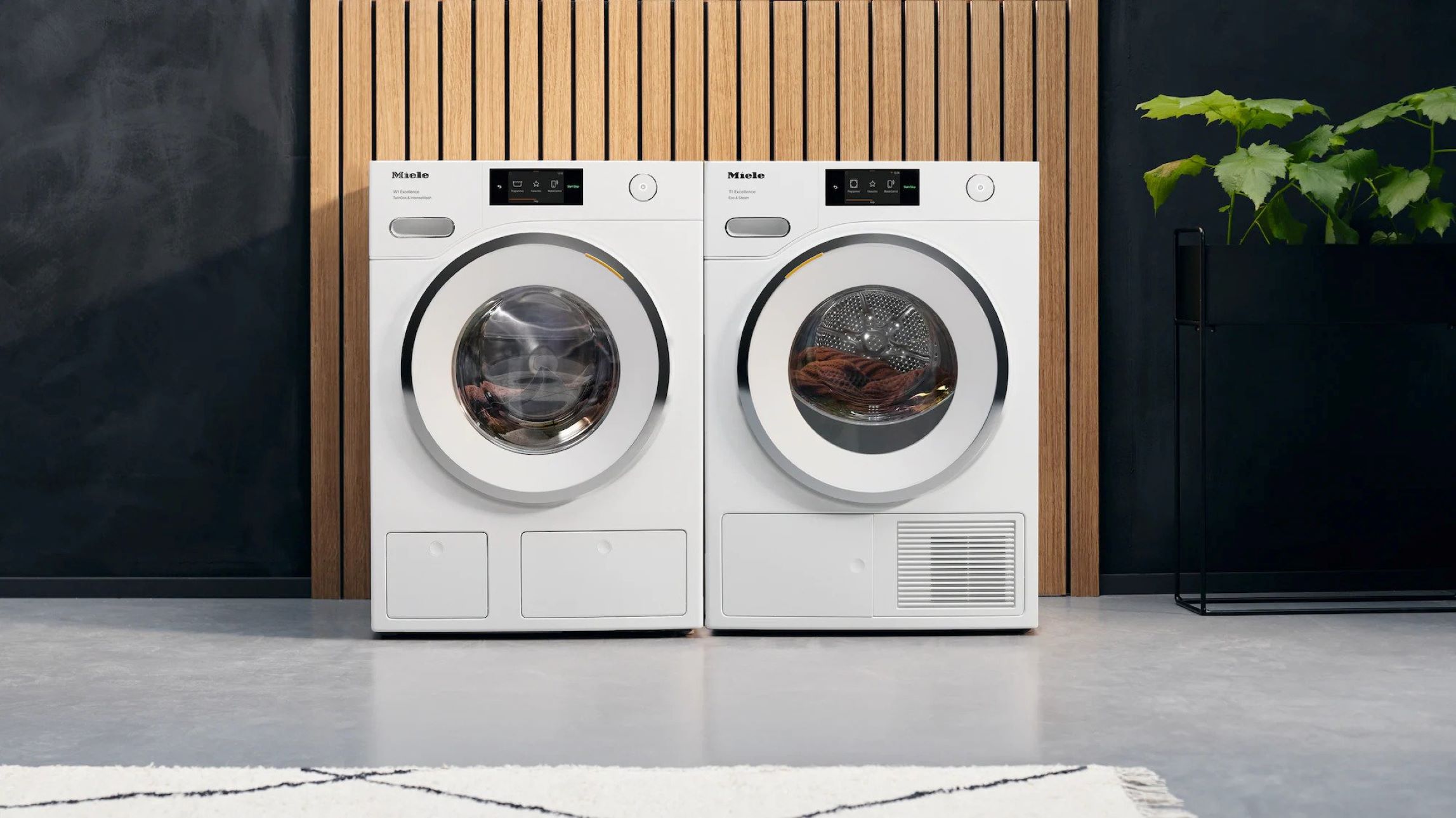
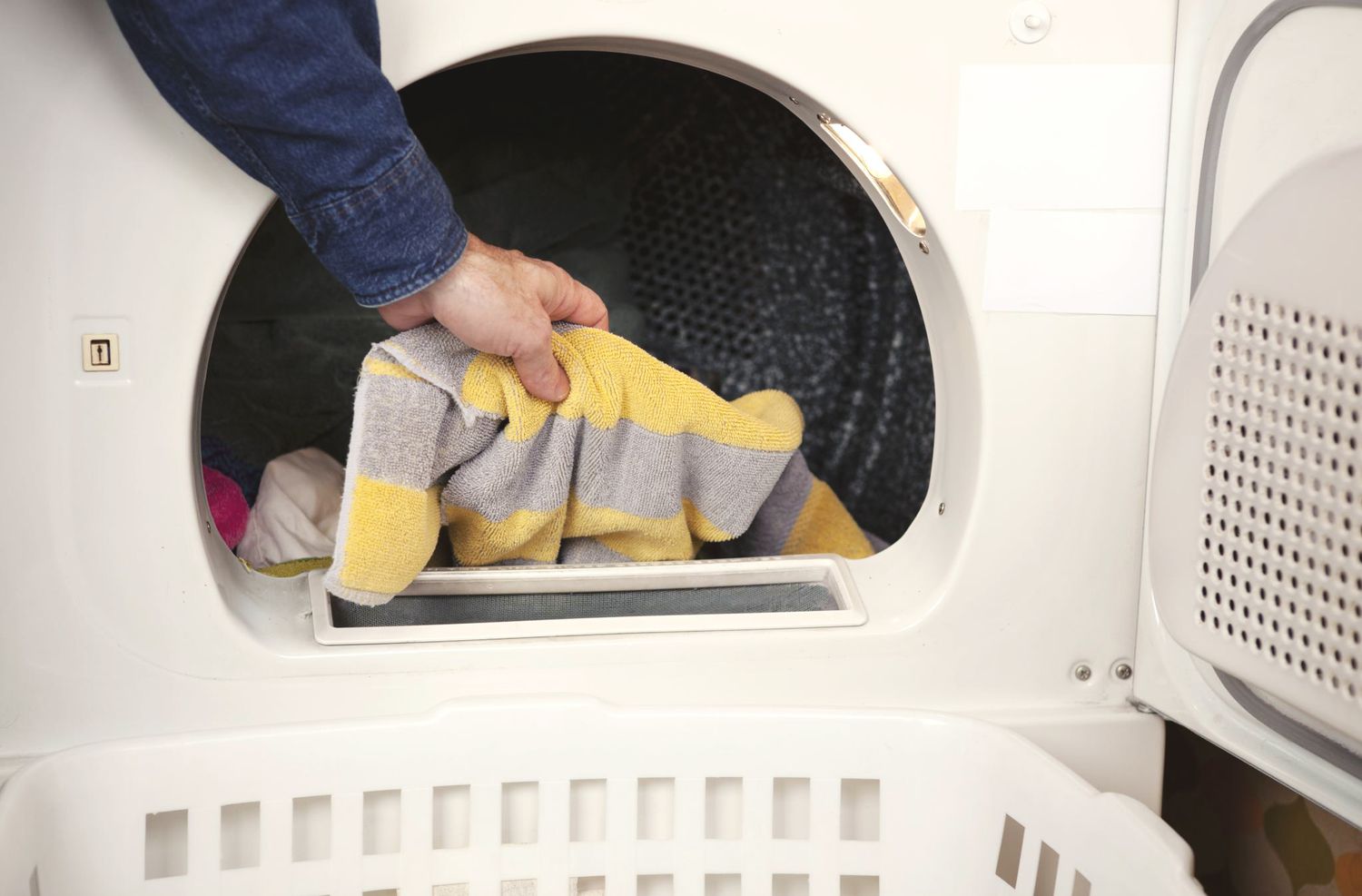
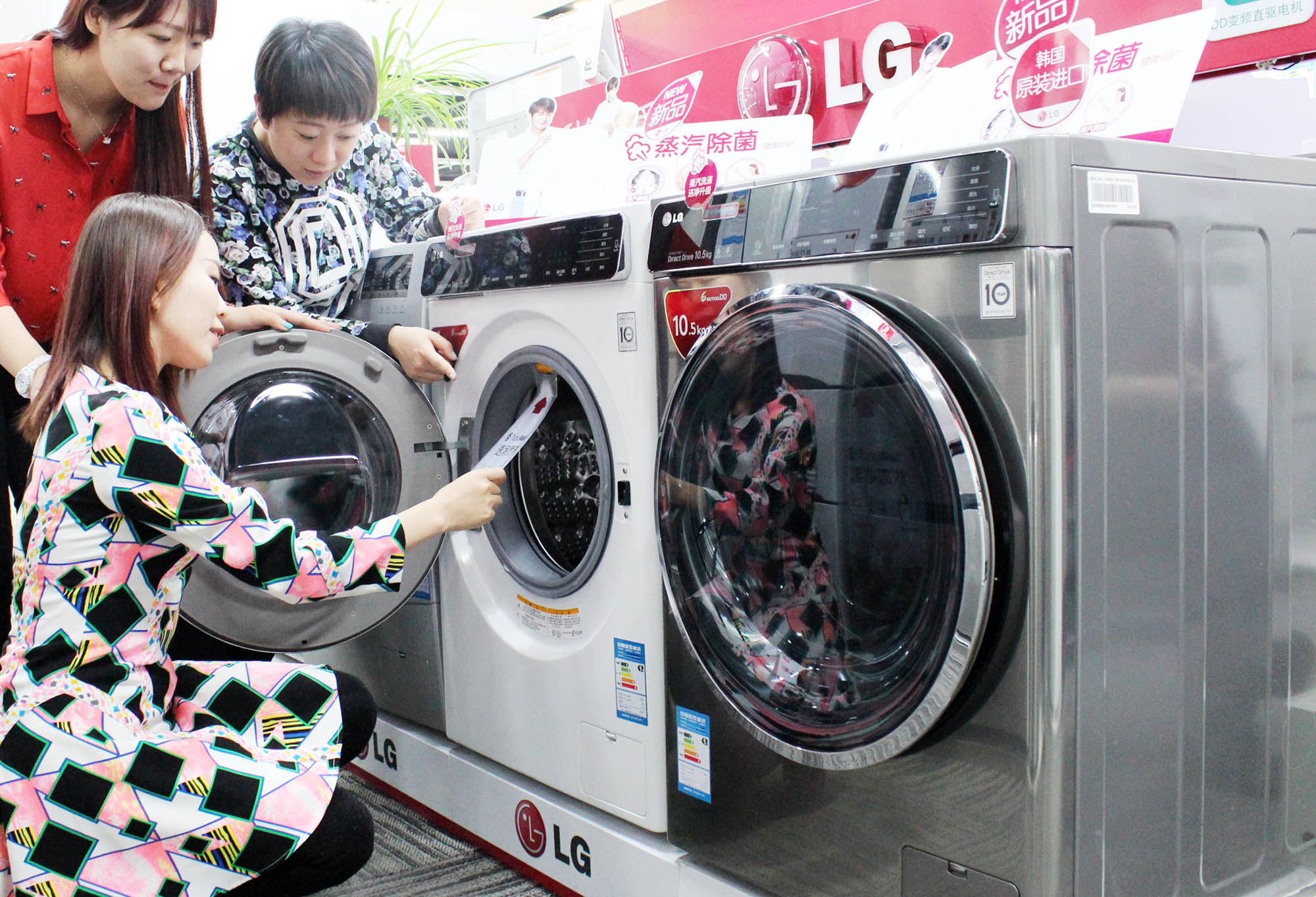
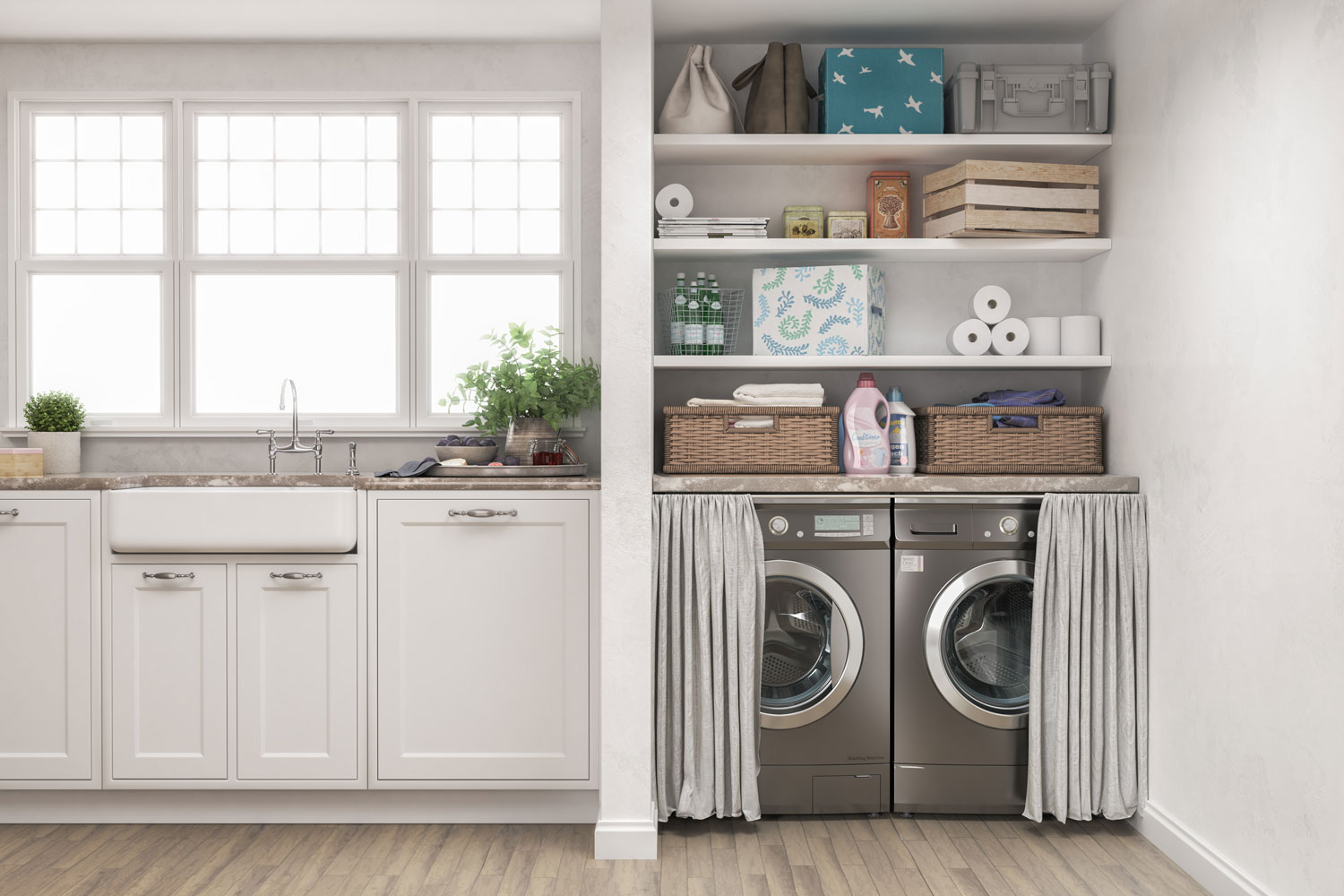
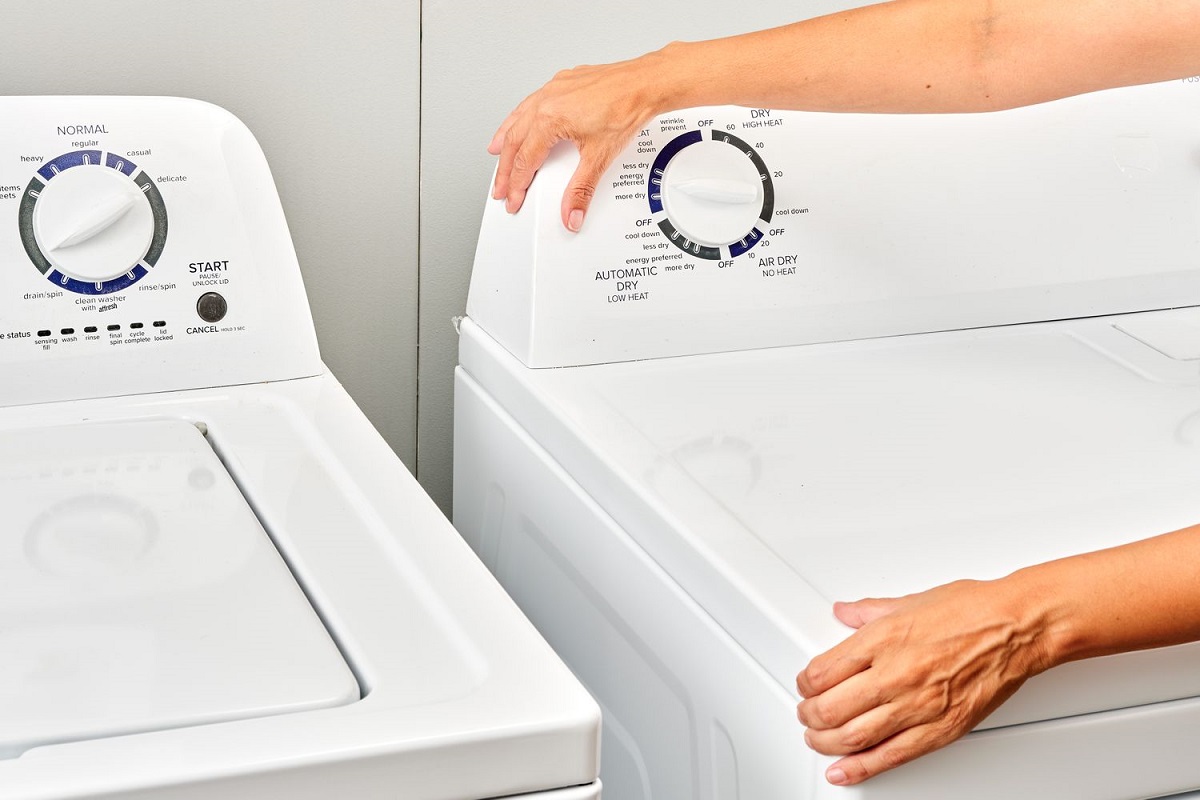
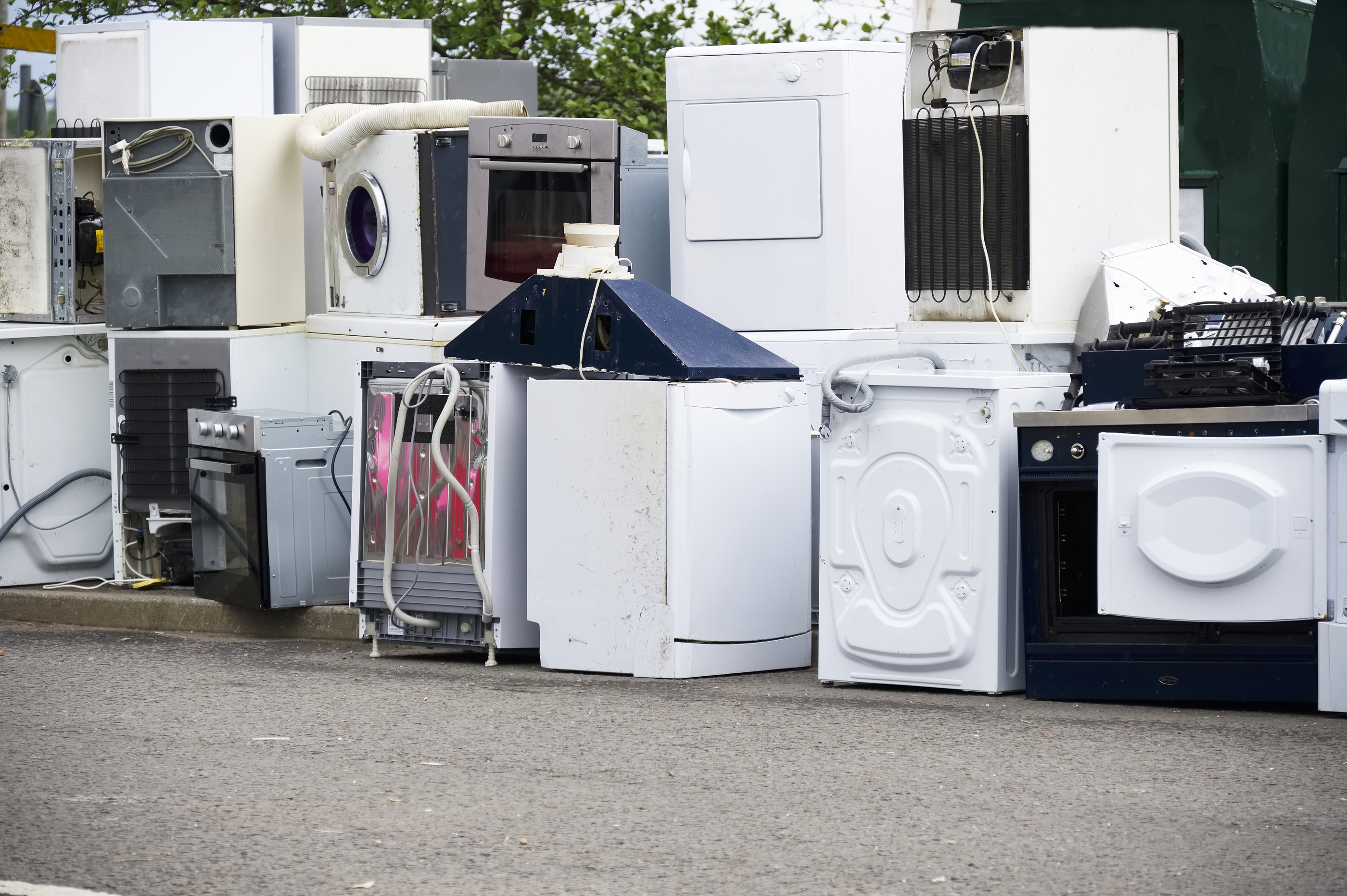
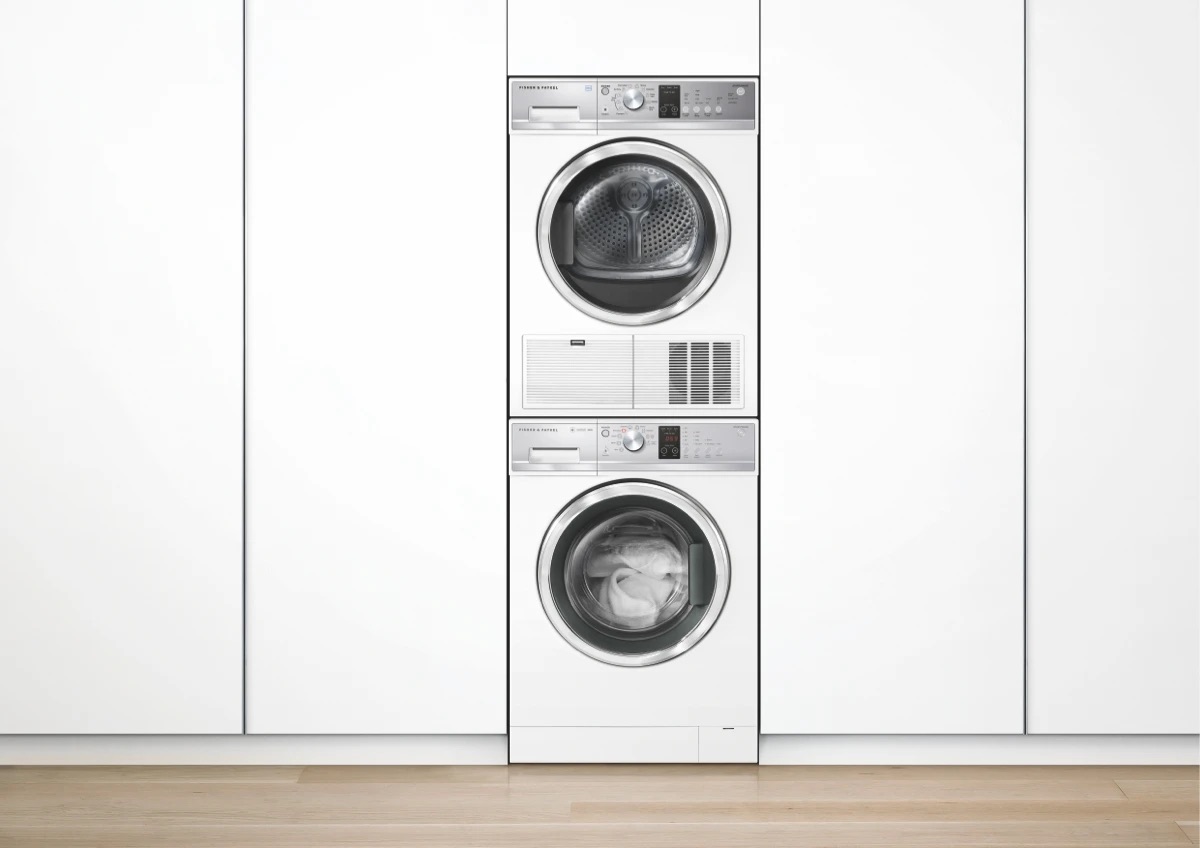
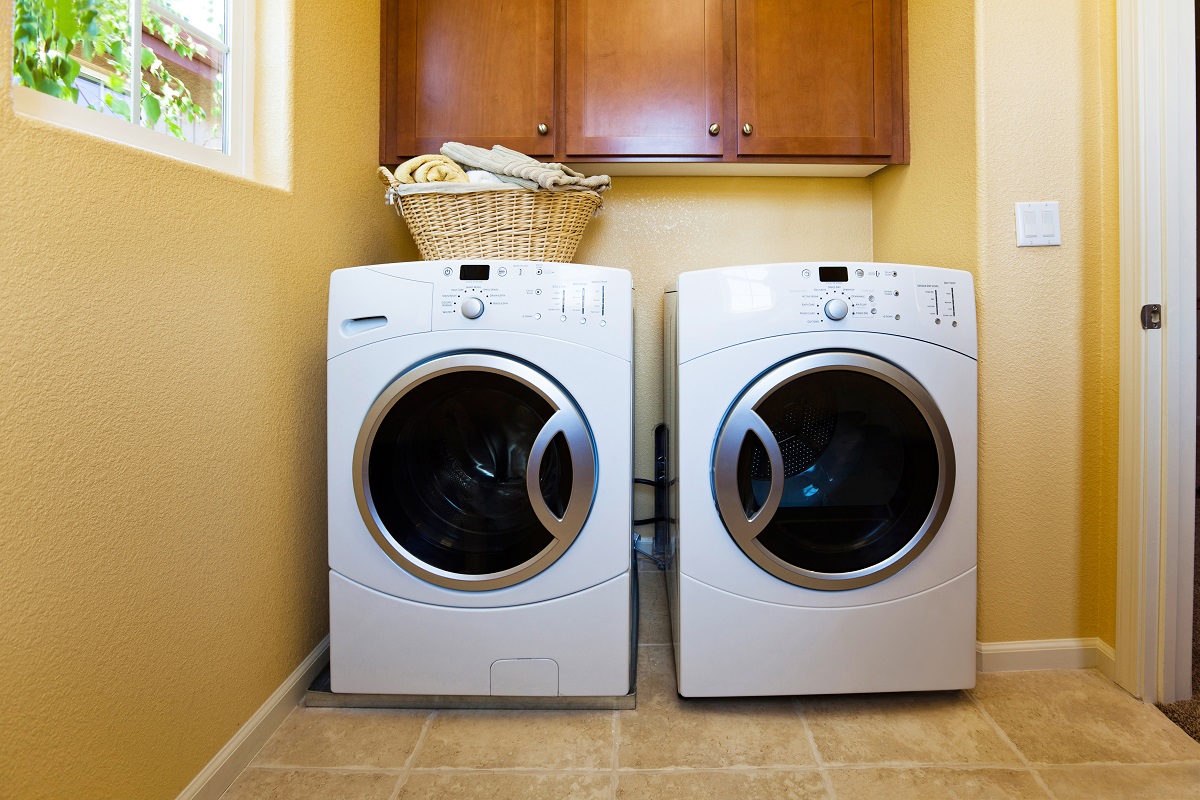
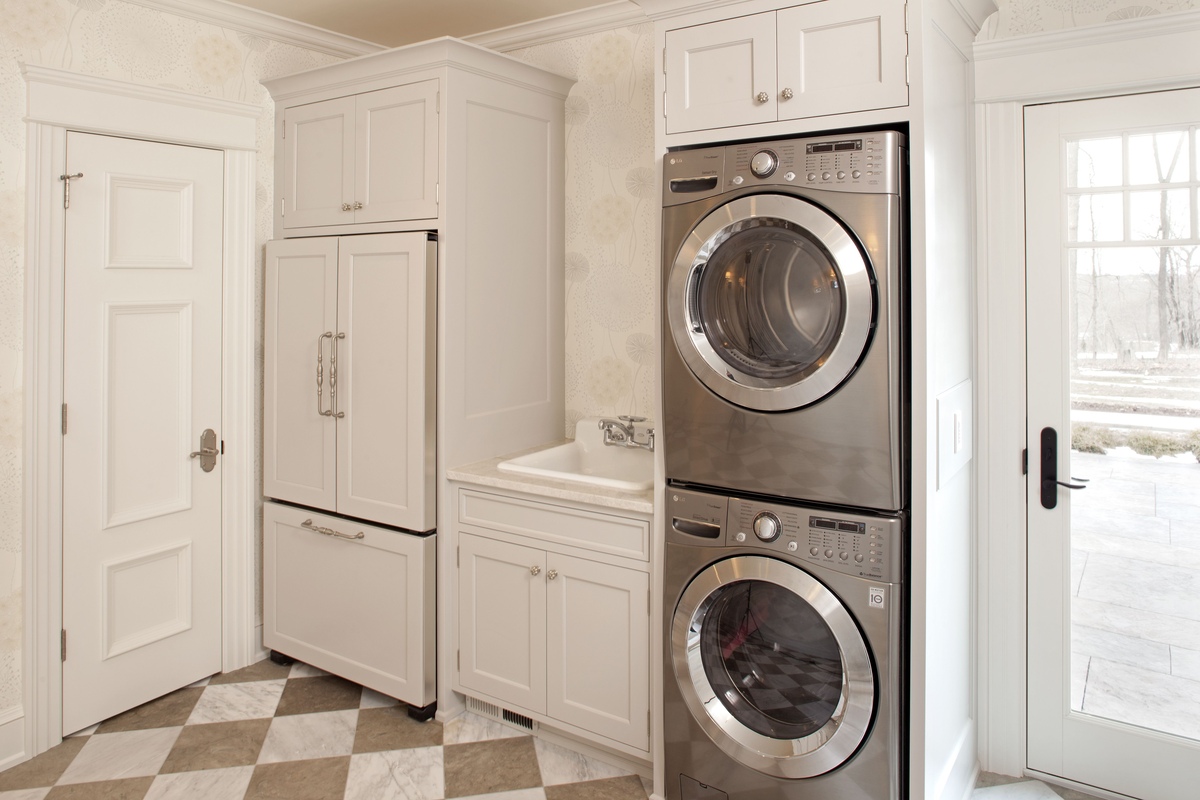
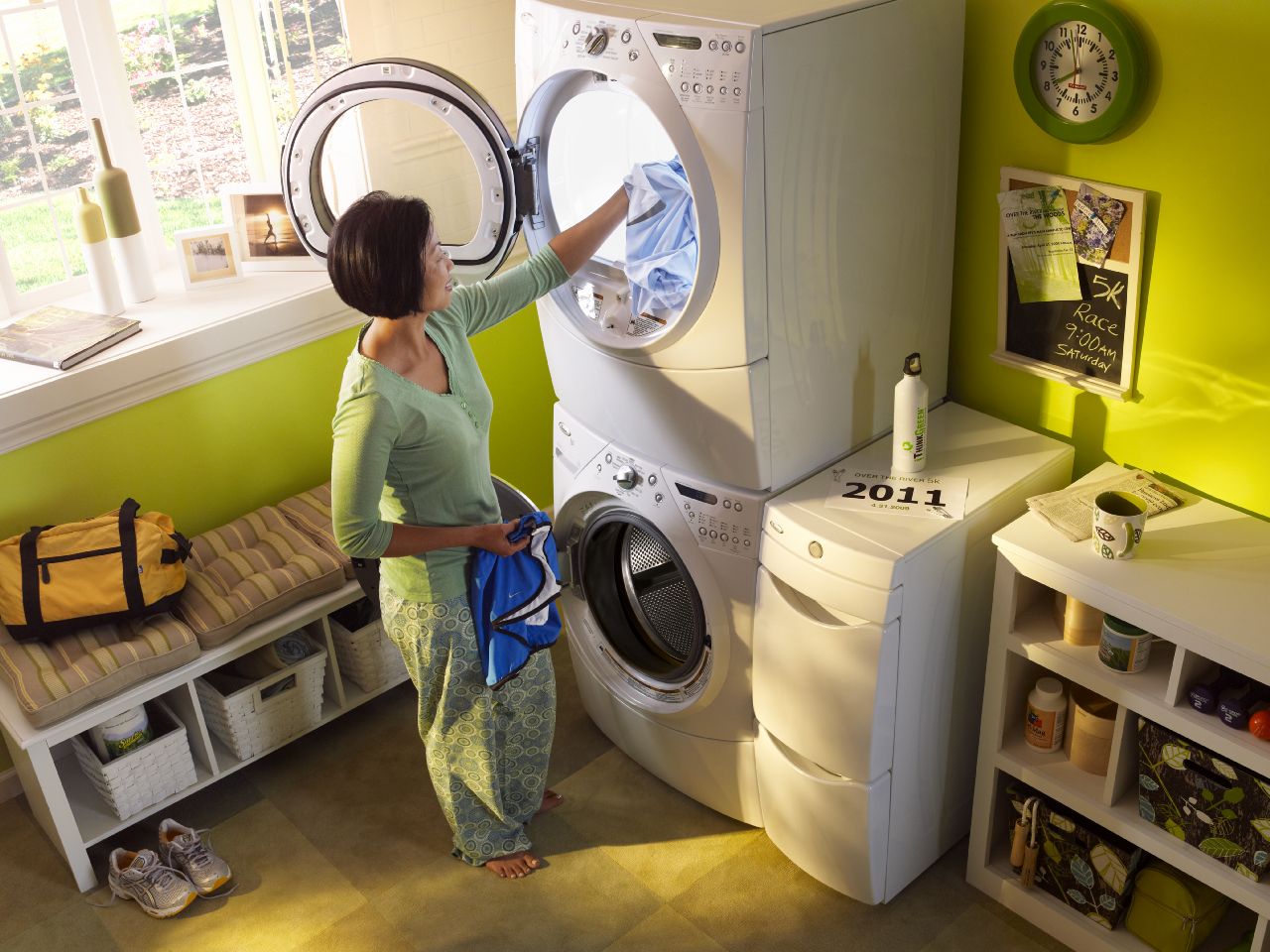
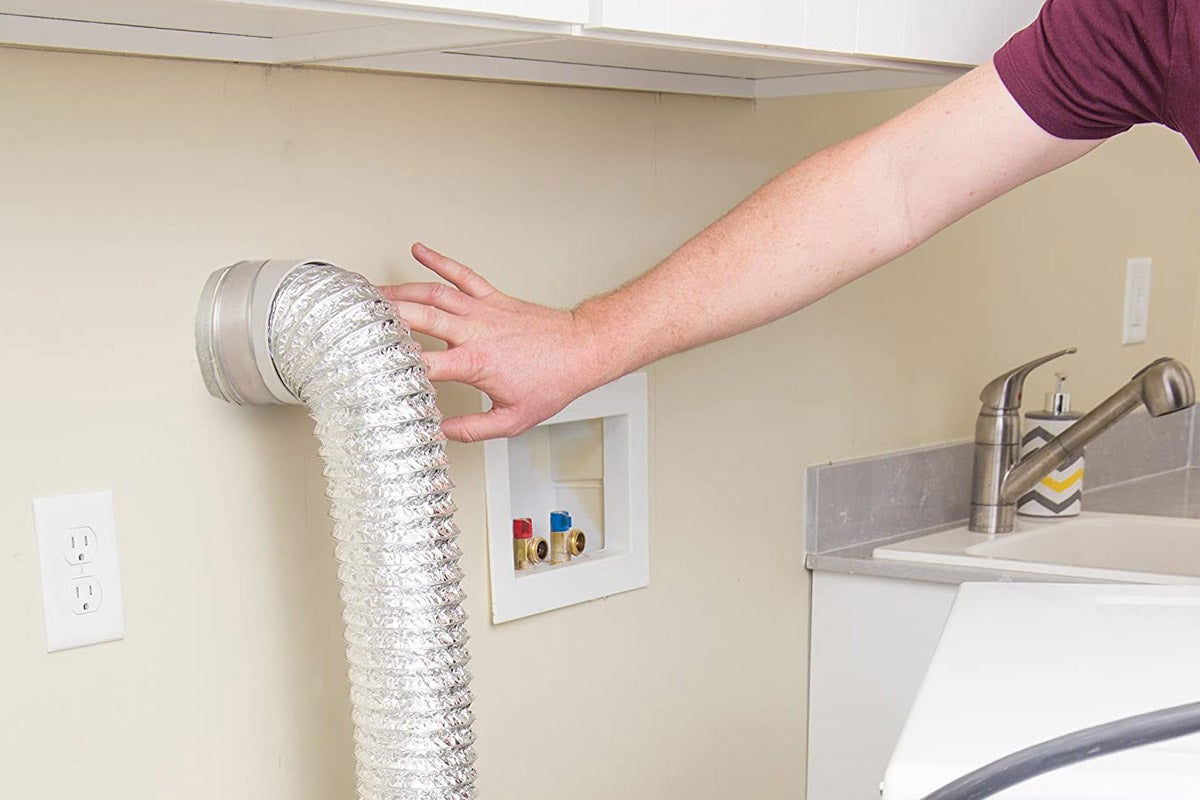
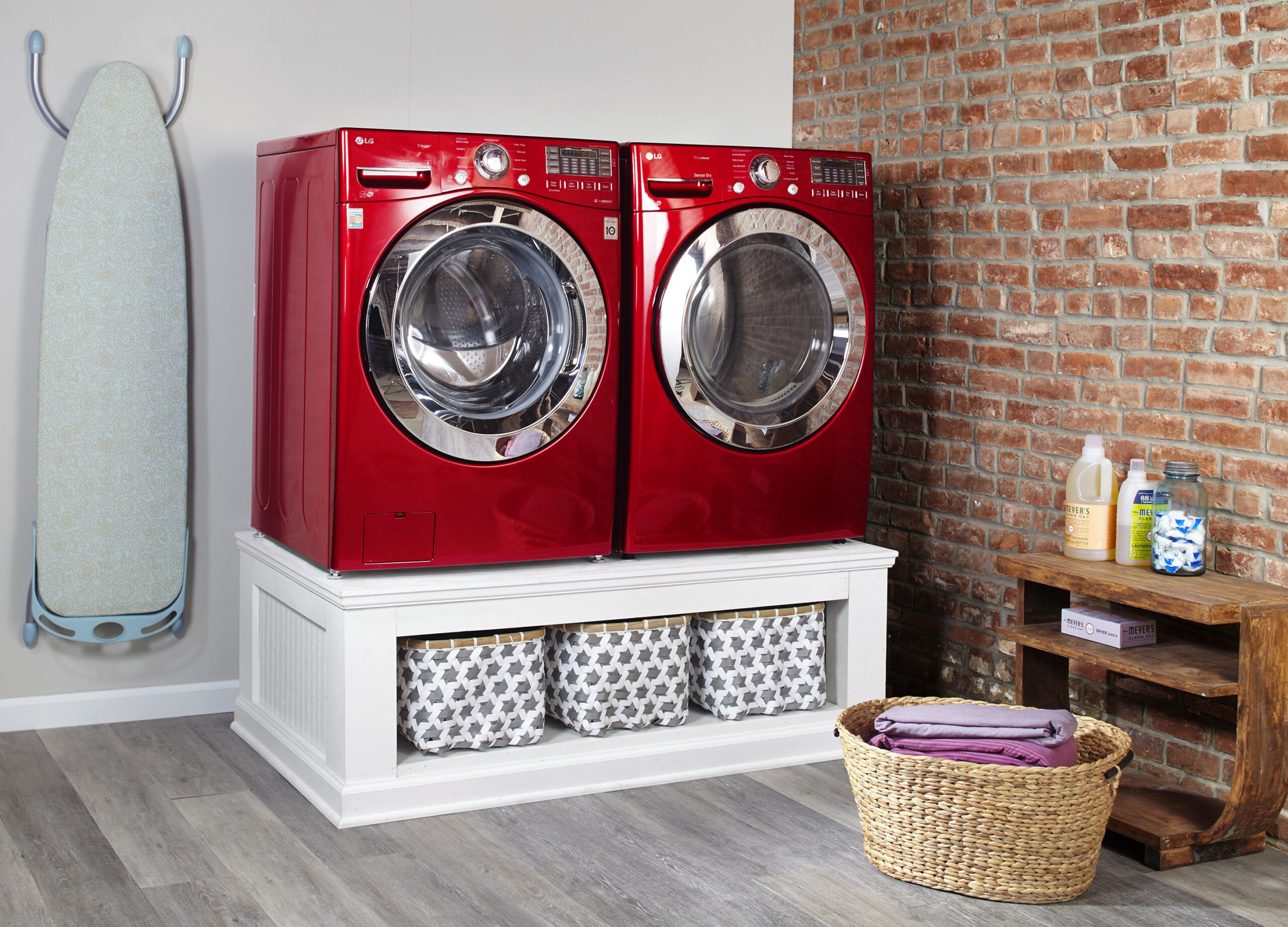
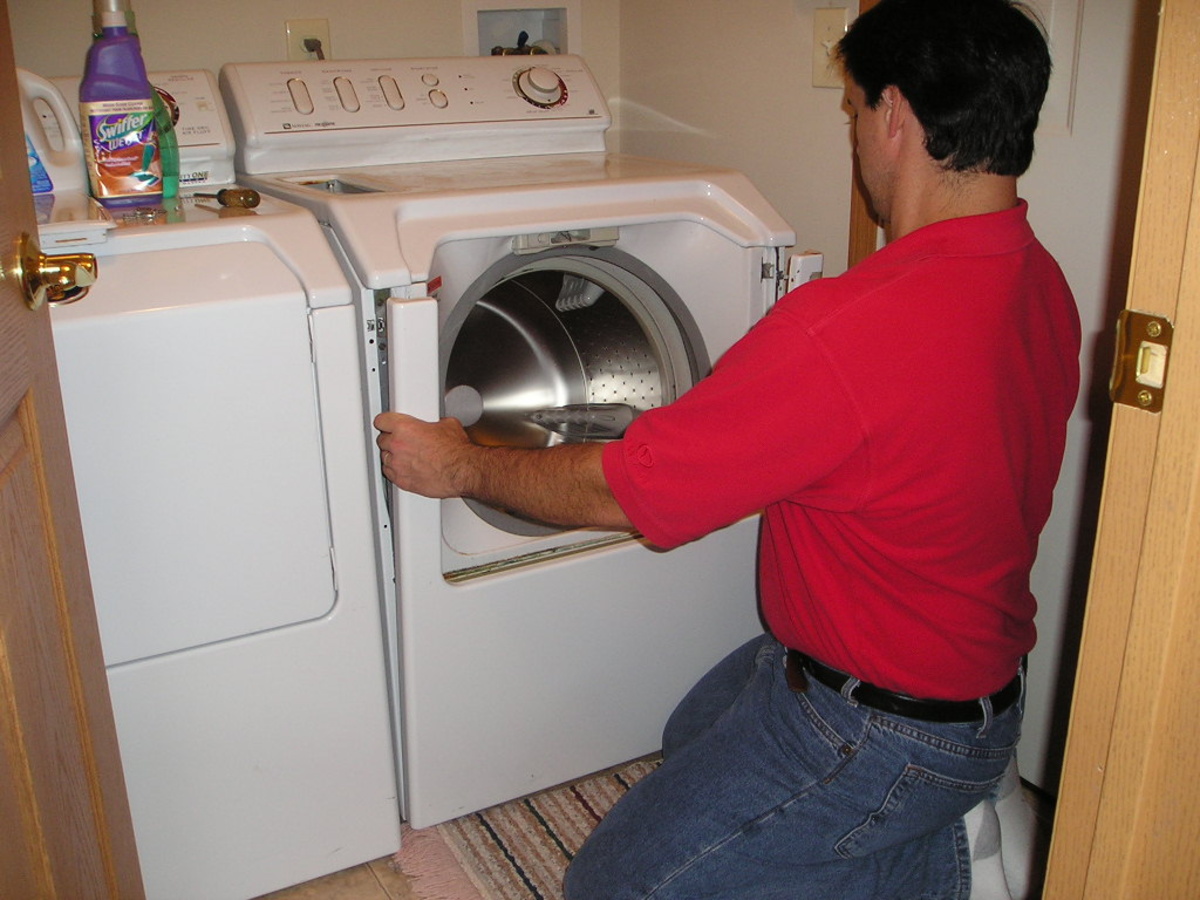

0 thoughts on “How To Choose A Washer And Dryer”